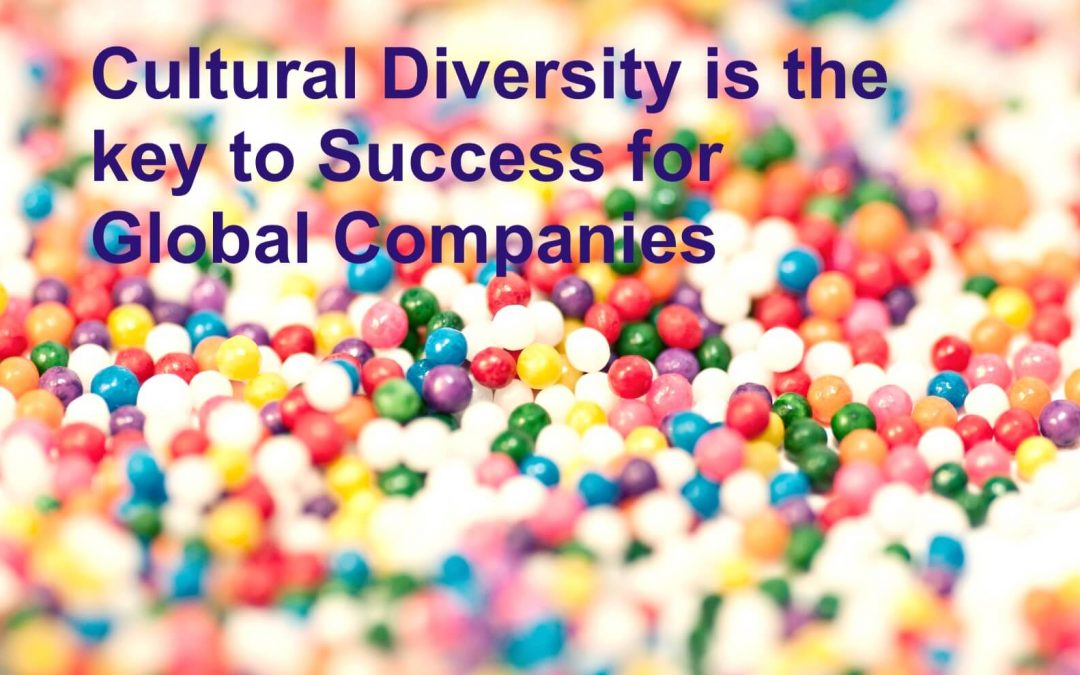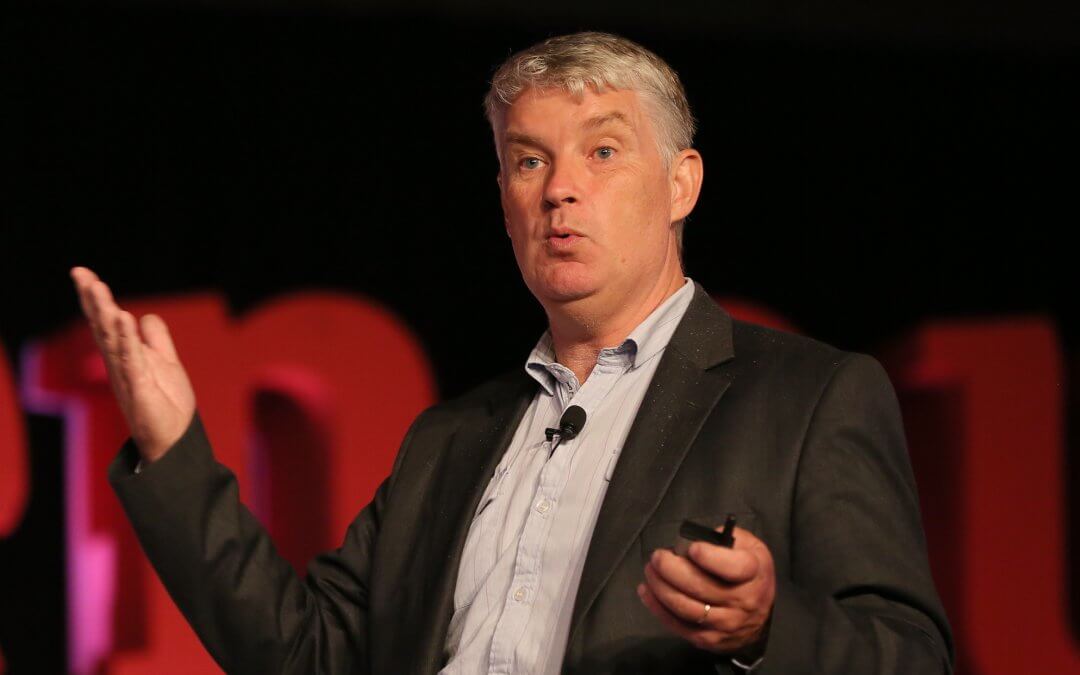Leaders need to check if their organisation is ready for the future.
The worst thing you can experience as a leader is suddenly not being able to attract customers and employees and you don’t know why it suddenly isn’t possible. Here are 3 topics that should be on your radar screen as a leader if you don’t want to end up with no employees and no customers in the future.
Can your company attract the next generation of employees and customers?
A lot of different research shows that the coming generations will have a very different focus when it comes to choosing an employer than previous generations. There seem to be a greater consciousness of the environment, general sustainability and having a happy life. They are also more like to change jobs more often and the traditional corporate ladder doesn’t seem to have much appeal.
What does that mean for you as an employer?
It means that you have to adapt your corporate culture to the value system of your future employees and customers. You don’t get a value just by writing it in a PowerPoint presentation or on your website. Values are what your employees are using as guidance when there are no rules or when nobody is looking. Creating the right corporate values and culture is a complex but very important process. Usually, cultures change very slowly and we can adapt slowly. It is called the cultural adaption function. But the cultural change on a global scale is happening much faster than ever before. That means you have you change more rapidly too. Are you prepared for that?
How good is your organisation to attract Millennials? How well does your company culture fit the requirements of future employees and customers?
These are questions you should ask yourself regularly. If you don’t adapt to the external environment smoothly but constantly you will be out of business either because you can’t attract customers and/or you can’t attract employees. And size is no guarantee you will stay in business. Nokia vanished very rapidly because they didn’t change. Companies like Compaq, PanAm, Enron, Tower Records, Blockbuster Video, Minolta, Netscape and Sears are all gone because they didn’t adapt to changes in the external environment. Some of these changes are cultural changes, where employees, customers and other external stakeholders gradually change their values. That change in values gives them other preferences that lead to making other decisions about where to work and what to buy. Do you think Facebook will be around in 5 years time?
What will the corporate cultural preferences look like in the future for your employees and customers?
How can your organisation attract employees, customers, investors and public goodwill in the future? This is one of the key subjects we spend a lot of resources on researching in Gugin. Being able to develop scenarios for how the cultural preferences will look like in 3,5 or 10 years time is crucial. Cultural change takes time and it is too late to change if you suddenly can’t attract new employees or the customers are going somewhere else.
Cultural changes happen for a reason. We have a model for assessing all these reasons whether they are technological, environmental, demographic, legal, political, ecological, social or cultural. We are in constant interaction with our clients around the world, doing research together with them and help them develop scenarios for what the future might look like and we help them facilitate the cultural change process.
Are your organisation’s true values the right ones for the future?
As mentioned above, values are fundamental to any culture. You have values in your family, your sports club, your company, your country – all cultures you are a member of have values. Values define you both as an individual and as a group. We have worked with many clients over the years developing the right culture and values. Initially, when we assess the real values of an organisation it is very rare that the real values are even close to the values the company says it has. We reveal the real values in our culture due diligence process
You need to know your true values before we can start helping you changing them towards the values you want to have in the future. The next generations will not be impressed by your financial performance, the size of your headquarter or the size and brand value of your company. The next generations a better than anyone else finding out the truth about your company. Thanks to technology there will always be people who are willing to share stories. If the reputation of your company is low you will have a really hard time attracting employees and customers in the future.
One of the most important factors for building and maintaining a high reputation level is integrity. Do what you say and say what you do. When you have determined the true values of your organisation with a cultural due diligence both employees and customers will feel at ease because they feel a high level of integrity. When they have that feeling they will develop loyalty, a loyalty that will save you on a rainy day.
Is fear for the Future paralysing your ability to change?
We often meet leaders who know they have to change either themselves or the direction of their company, but they simply don’t have the courage to do it. Leaders talk about change all the time but it usually means they want everybody else to change. When it comes to themselves the ability or will is often more limited.
They don’t change because of fear. Fear is the most important motivation factor influencing us human beings. When we feel fear we lose the ability to behave rationally (unless we have received special training). This is not an ideal situation for a leader to be in.
But fear exists on all levels of an organisation. When we help a company with cultural change or facilitating a post-merger integration process fear leads to a lot of non-information and misinformation. Resolving these issues is crucial for the change process to succeed.
If you as a leader show fear everyone in your organisation will feel it too. Fear is extremely contagious. As a leader, you can reduce your fear of the change process by starting the change process as soon as you see the iceberg on your radar screen. Most of our clients wait too long. when they do that the change process has to be more drastic and riskier.
Do you want to know what is on your radar screen?
Gugin Research Unit (GRU) can help you find out which cultural changes in the external environment are going to affect your business and how they are going to affect you. We can work together in many different ways ranging from an appetiser workshop to a long-term strategic collaboration.
Interested? Get in touch today here
Endnote:
A great study is the Millennial Study. It is academic sound and also deals with many of the myths.

Cultural Dilemma 1: The Owner’s Daughter
As leaders we are faced with dilemmas all the time. if you have a high level of Cultural intelligence you will reconcile them successfully

Cultural Diversity is the key to Success for Global Companies
Taking advantage of cultural diversity is propable the biggest hidden resource in business today. Gugin has helped hundreds of companies around the world becoming better

Leadership Keynote Speaker by Dr Finn Majlergaard
Leadership keynote speaker, Dr Finn Majlergaard delivers thought-provoking global leadership speeches and workshops all over the world, based on 25 years of experience with 600+ companies. Anyone can copy your product but no one can copy your culture. Learn to become the best in leadership

When Innovation dies it is too late to change
Becoming innovative is difficult – staying innovative is harder – and when it fades it is almost always too late to change the culture

Intercultural Leadership – Challenges and Opportunities
Cross Cultural Management is challenging to most managers. This article outlines 3 of the challenges and suggests how you can deal with them
